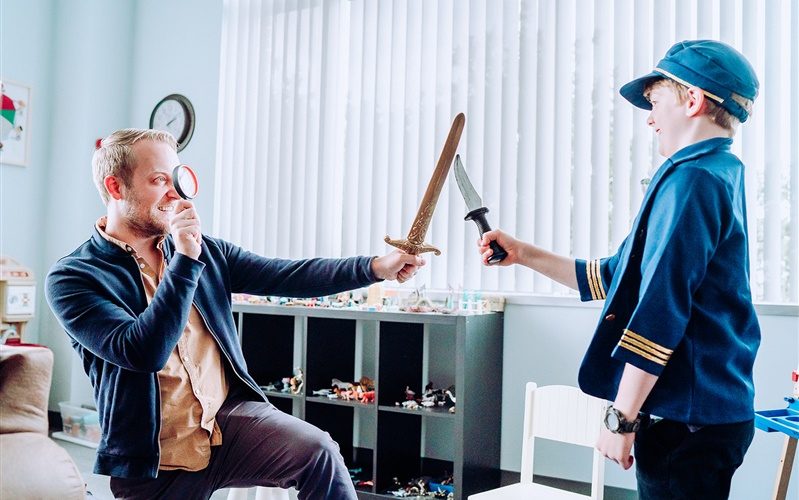SEE WHAT'S NEW THIS COMING MONTH!
See full training calendar here:

6/13
Autism and Play Therapy
Autism does not refer to one single experience; it covers a broad range of neurodevelopmental differences, affecting relationships, behaviors, emotional experience, and the client’s experience in the world. For this reason, being a Play Therapist with clients experiencing autism is not a “paint by numbers” or “one shoe fits all” approach, instead it is best done as a customized approach tailored to the client in front of you and their support systems.
In this training we explore both directive and non-directive play therapy approaches as evidence based, neuroaffirmative approaches to play therapy with clients experiencing autism. The aim of this training is not to tell you exactly what to do in your play room, but to instead help you find your authentic voice as a play therapist as you navigate through a neurodiverse play room and world.

6/26
EMDR in Play Therapy
This training requires participants to first take an EMDR basic training before taking this advanced training. Participants are required to be post basic training, however are not required to be certified in EMDR.
In this training, participants will learn how to target material relating to the child’s early attachment wounds, including targets without an explicit memory. Participants will identify specific stabilization skills useful for reducing dysregulation relating to developmental trauma in the playroom. Steps for implementing an EMDR Developmental protocol for the play therapy will be explained.

6/27
EMDR with Adoption Trauma in Play Therapy
This training requires participants to first take an EMDR basic training before taking this advanced training. Participants are required to be post basic training, however are not required to be certified in EMDR.
In this training, participants will learn how to target material relating to the child’s early attachment wounds, including targets without an explicit memory. Participants will identify specific stabilization skills useful in the playroom for reducing dysregulation relating to developmental trauma. Steps for implementing an EMDR Developmental Protocol for the play therapy will be explained.


